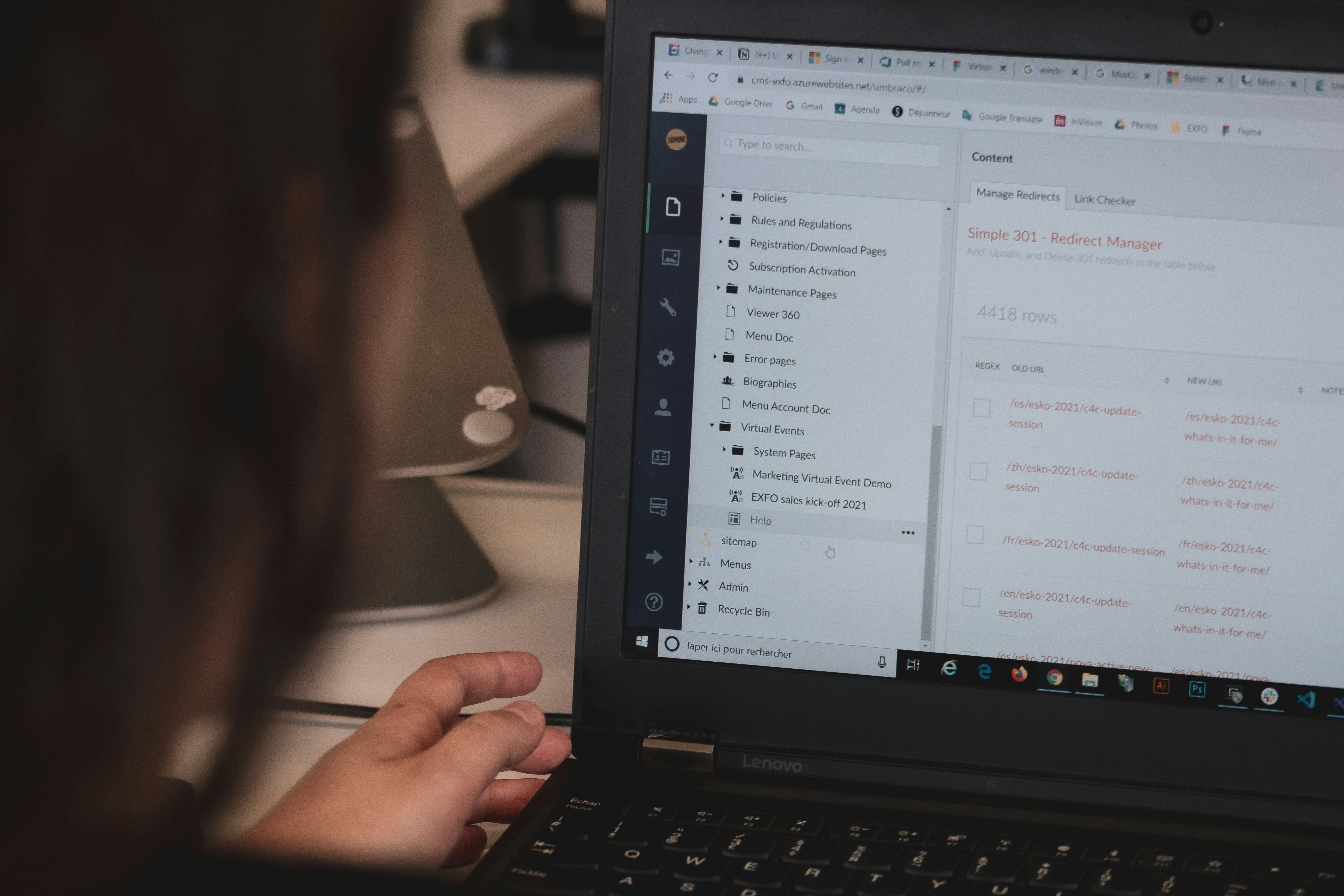Related Jobs
View all jobsMachine Learning Engineer
Machine Learning Engineer
Machine Learning Engineer
Machine Learning Engineer
Machine Learning Engineer
Subscribe to Future Tech Insights for the latest jobs & insights, direct to your inbox.
Industry Insights
Discover insightful articles, industry insights, expert tips, and curated resources.

Automate Your Machine Learning Jobs Search: Using ChatGPT, RSS & Alerts to Save Hours Each Week
ML jobs are everywhere—product companies, labs, consultancies, fintech, healthtech, robotics—often hidden in ATS portals or duplicated across boards. The fastest way to stay on top of them isn’t more scrolling; it’s automation. With keyword-rich alerts, RSS feeds, and a reusable ChatGPT workflow, you can bring relevant roles to you, triage them in minutes, and tailor strong applications without burning your evenings. This is a copy-paste playbook for www.machinelearningjobs.co.uk readers. It’s UK-centric, practical, and designed to save you hours each week. What You’ll Have Working In 30 Minutes A role & keyword map spanning LLM/NLP, Vision, Core ML, Recommenders, MLOps/Platform, Research/Applied Science, and Edge/Inference optimisation. Shareable Boolean searches you can paste into Google & job boards to cut noise. Always-on alerts & RSS feeds delivering fresh roles to your inbox/reader. A ChatGPT “ML Job Scout” prompt that deduplicates, scores fit, and outputs tailored actions. A lightweight pipeline tracker so deadlines and follow-ups never slip.

10 Machine‑Learning Recruitment Agencies in the UK You Should Know (2025 Job‑Seeker Guide)
With deep‑learning projects now integral across healthcare, finance and tech, UK demand for machine‑learning talent is booming. Lightcast shows +50 % YoY growth in UK adverts referencing “machine learning,” “deep learning,” “computer vision” or “reinforcement learning” in Q1 2025. Monthly vacancies sit around 1,800–2,100, but certified ML specialists number fewer than 15,000. Specialist recruiters help candidates access hidden roles, competitive packages, and structured interview prep. How we screened: Only UK‑registered agencies with clear ML/AI or Data practices Agencies that posted ≥ 5 UK ML roles between March and June 2025

Machine Learning Jobs Skills Radar 2026: Emerging Tools, Frameworks & Platforms to Learn Now
Machine learning is no longer confined to academic research—it's embedded in how UK companies detect fraud, recommend content, automate processes & forecast risk. But with model complexity rising and LLMs transforming workflows, employers are demanding new skills from machine learning professionals. Welcome to the Machine Learning Jobs Skills Radar 2026—your annual guide to the top languages, frameworks, platforms & tools shaping machine learning roles in the UK. Whether you're an aspiring ML engineer or a mid-career data scientist, this radar shows what to learn now to stay job-ready in 2026.